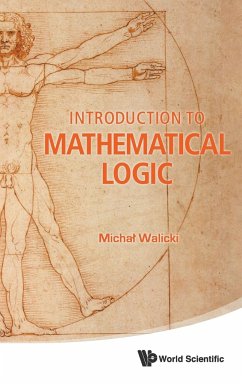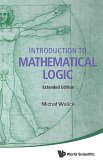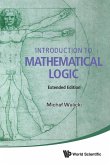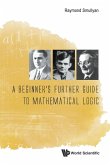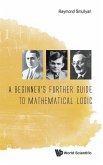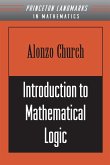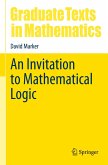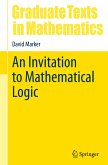This is a systematic and well-paced introduction to mathematical logic. Excellent as a course text, the book does not presuppose any previous knowledge and can be used also for self-study by more ambitious students. Starting with the basics of set theory, induction and computability, it covers propositional and first-order logic their syntax, reasoning systems and semantics. Soundness and completeness results for Hilbert's and Gentzen's systems are presented, along with simple decidability arguments. The general applicability of various concepts and techniques is demonstrated by highlighting their consistent reuse in different contexts. Unlike in most comparable texts, presentation of syntactic reasoning systems precedes the semantic explanations. The simplicity of syntactic constructions and rules of a high, though often neglected, pedagogical value aids students in approaching more complex semantic issues. This order of presentation also brings forth the relative independence of syntax from the semantics, helping to appreciate the importance of the purely symbolic systems, like those underlying computers. An overview of the history of logic precedes the main text, in which careful presentation of concepts, results and examples is accompanied by the informal analogies and illustrations. These informal aspects are kept clearly apart from the technical ones. Together, they form a unique text which may be appreciated equally by lecturers and students occupied with mathematical precision, as well as those interested in the relations of logical formalisms to the problems of computability and the philosophy of mathematical logic.
Bitte wählen Sie Ihr Anliegen aus.
Rechnungen
Retourenschein anfordern
Bestellstatus
Storno

